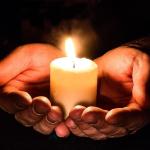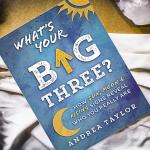Heading into the dark half of the year, the ancestors are once again calling to me in a louder voice. Or perhaps it is simply that my ears are more attuned to the wisdom they share as I walk further into my journey as Crone and more deeply question my place as an elder in the web of life.
Finding Kinship
My spiritual practice includes indigenous North American traditions from my mother’s far past ancestors. Even though I am nowhere close to the quantum blood requirement (imposed by our government and not at all in keeping with the indigenous culture), a dear friend who belongs to a band of Ojibwe brought me into her ways. I was welcomed by others, included in ceremony and named by an elder. Their recognition of me makes perfect sense as I begin to understand more about the practice of Right Relations, and struggle to embody the ways that honor this culture.
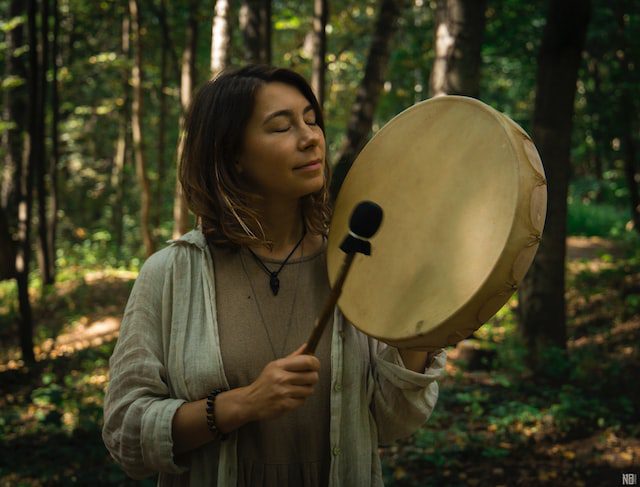
Most North American Indigenous cultures believe that we are all related, not just humans, but all living things. We “two-legged” are but one part of the whole. While author Jamie Sams focuses specifically on the feminine aspect of spirituality in her book, The Thirteen Original Clan Mothers, I believe her introduction to the concept of being in right relation provides insight to this kinship.
“Talks With Relations is the Clan Mother of the first moon cycle and the Keeper of learning the truth. This Cycle falls in January and is understood through finding kinship with all life. Talks With Relations’ teachers are the Allies of nature: the Four Winds of Change, the Cloud People, the Thunder-beings, the Creature-beings, the Tree People, the Plant People, the Little People (Devas/Fairies), the Stone People, the Clan Chiefs of Air, Earth, Water and Fire, as well as all other life forms. These relatives of our Planetary Family are our teachers as well.”
— Jamie Samms
Do No Harm
The teaching tells us the importance of understanding and respecting the ways of all living things so that we may enjoy a good life. Being in right relationship requires cultivating an open mind, possessing self-awareness, and practicing humility, acceptance, respect and forgiveness.
Native American culture also holds the belief that honoring our ancestors has a direct bearing on our earthly walk. Additionally, all actions are considered for the effect on the next seven generations. In this way, as elders are guide the community, they are in the position of holding space between the ancestors and descendants.

A True Understanding Of The Ancestors
Fetishizing the ancestors as being all wise, compassionate and faultless, presumes that dying suddenly bestows them with qualities they may not have embraced in life.
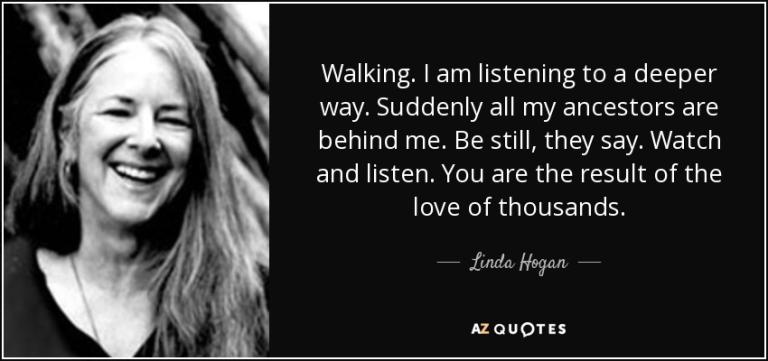
As author Linda Hogan said, “you are the result of the love of thousands.” Somewhere among those thousands, your ancestors were cunning and brutal; they had to be in order to survive. If they didn’t survive, it follows that you would not be here. I believe it’s important to acknowledge these two facts if you are a witch working with ancestors.
You can certainly choose not to work with ancestors you know have caused harm, but honestly, who has walked this earth and not done some harm? If you cancel any of your near departed ancestors because of their toxic or abusive behavior in life, yet work with distant ancestors you really don’t know, you are selectively bypassing this fact.
I see two ways then, to work honestly with ancestors. You can accept their flaws and any attendant risks that come with that. For example, when I honor my ancestors I ask for their wisdom and courage to guide me—knowing that in some cases their wisdom may have manifested as guileful and their courage may have been barbarous, but also knowing I can temper that to my values.
Or, you can include healing work in your practice with the ancestors. In Healing Your Ancestors, I wrote about the importance of forgiveness in healing generational trauma, starting with self-forgiveness, followed by those who have directly harmed you, and finally forgiving the deceased for the harm they caused in their lifetime. Doing this work to heal your ancestors, known and unknown, can greatly enhance your ancestral connections and practice.
A Broken Link In The Chain
When you perpetuate the myth of innocent ancestors by refraining from working with those who were flawed, you are also creating an unrealistic standard of perfection for the elders among us—the next ancestors, not to mention reinforcing an already strong bias of agism.
As Samhain approaches, I’m giving thought to being in right relation as it applies to the ancestors and, more importantly, how I’m holding that sacred space between past and future generations in the continuum of my bloodline. I’m also looking at how our youth-centered culture in America holds space for elders. We cannot disrespect our elders and expect to appeal to our ancestors with any success.
Are we, as society, in right relation with our elders? Are we caring for their needs? Are we compassionate and generous with resources and time? When they become old and frail, do we care for them lovingly in our homes, the way they cared for us as infants and children? Or do we force them to rid themselves of all but their most essential personal possessions and tuck them away into closet-sized rooms in senior residences and care facilities?
Even before that, are parents becoming disposable once their job of raising the kids is done? Increasing numbers of adult children are estranging their parents, or severely limiting contact with them. Research indicates that 1 in 4 American adults has become estranged from their family. In a New York Times column David Brooks says, “At least 27 percent of Americans are estranged from a member of their own family, and research suggests about 40 percent of Americans have experienced estrangement at some point.”
This exodus seems to be supported by many in the therapy community who take one-sided stories from their clients of toxic or abusive parents at face value. Rather than encouraging family counseling, they oftentimes recommend limited contact and estrangement in the guise of healthy boundaries.
A large part of this phenomena seems to be a generational difference of opinion in what constitutes abuse, or even disrespect of boundaries. Let me state unequivocally that there are parents so abusive, so overbearing, so unaccepting of their children or their children’s lifestyle, and so critical, that distance and estrangement may be the only solution. But it doesn’t explain the growing number of parents being ghosted by their adult children.
Studies show that the increasing incidence of estrangement initiated by adult children is much more a power struggle than self-protection from abuse, past or present. Experts point out that rather than resolving grievances with their parents, these adult children simply flip the table to hold all the power. Do as the adult children want—or rather don’t dare do anything to displease them—if you want to keep them and your grandchildren in your life.
Social conditioning furthers the trend. The popular culture of the X, Y and Millennial generations portrayed parents as selfish, lame, out of touch and boorish (if not hopelessly bigoted and racist). Television shows like Friends and Seinfeld painted parents as hopeless buffoons and overly critical. Sex in the City all but ignored parents or any life before taking a bite of the big apple. Despite four weddings throughout the series run, there was nary a parent around to give a bride away or pose for portraits.
Now, social platforms like Instagram and Twitter contain tens of thousands of posts urging young people to cut ties with their “toxic” parents, even providing step by step exit strategies. The only wish of many of the adult children banishing their parents is that the parents do “something” to amass a financial legacy that will pay for the lifelong therapy they have necessitated for their children.
As a crone, I speak often of the difference between power of and power over. One is autonomy, the other is codependency and the desire to control others. It may be that these young adults feel so powerless in the chaotic world they live in (a circumstance they frequently lay at the feet of the older generation) that they have seized the only power they feel they truly have— access to their life. But this is not power. They are only avoiding their own emotional work, their shadow journey.
In his op-ed for the Los Angeles Times, Galit Atlas says, “After estrangement, adult children are not suddenly less dependent. In fact, they feel abandoned and betrayed, because in the unconscious, it doesn’t matter who is doing the leaving; the feeling that lingers is one of ‘being left.’ They carry the ghosts of their childhood, confronting the emotional reality that those who raised us can never truly be left behind, no matter how hard we try. They live inside us, even without our permission. This is something that can never be canceled.”
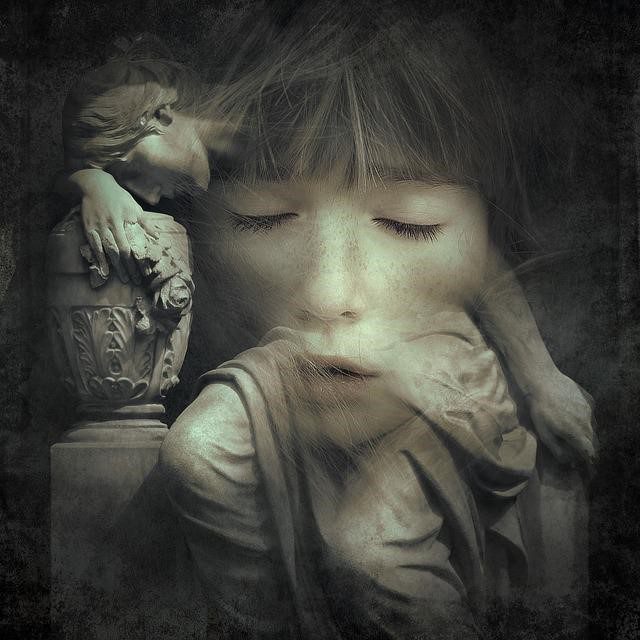
All Means All
The first pillar of witchcraft is To Know. The highest order of business for a witch is to know self and seek truth. Without this unvarnished honesty, without confronting your shadow, you will never truly reach your full power.
Further, the practice of manifesting that which we desire has everything to do with being in right relation to the sacredness of all life. We cannot make wise choices and take sustaining action for our children’s children when we cancel out one of the generations along our bloodline in what amounts to a power struggle.
This is where the craft hits the mystery of the cauldron head on, where you take a long hard look at your relationship with your parents, and towards aging and elders in general, instead of just giving lip service to the sacredness of all life. All means all.
If you’ve cut your parents off, or keep them at arm’s length, control all your contact, screen calls and texts, and spend little time with them, is it really because they were abusive or are toxic? Or, might you have low distress tolerance, experiencing disproportionate unpleasant or negative emotions from relatively mild levels of stress? Is there truly a failure to communicate, or are you just avoiding the hard conversations and truths? Might you be able to achieve right relationship with a bit of work, or family therapy?
Finally, can you honestly say you’ve made the transition from their child to your own adult? Have you established firm boundaries, without the need to cut off all contact? I allowed my parents to dispense all the unasked advice they chose—to me, in private (never in front of my children or spouse) and with the understanding that I was free to take it or leave it.
That was my true power—the choice to do as I pleased. I did not have to demonstrate control by excluding them from my life. Did they still drive me crazy sometimes? Yes, as I’m sure I did them. Did I spend time with them when I’d have rather been elsewhere? Yes, not because I owed them anything, but because I loved them and recognized they had needs, as we all do. It’s not about what you owe, or rather don’t owe your parents. Loving relationships don’t work on keeping score.
And what about your attitude toward elders and the older generation in general? Are you sharing memes and stereotypes that trash Boomers? Do you blame previous generations for all of your challenges, for all that is wrong with the world?
Every generation has inherited the mistakes of the previous one—you are not alone in this. The Greatest Generation were handed not one, but two world wars started by their elders. As children and young adults they lived through the crash of the economy, the climate crisis we know as the Dust Bowl, and the Great Depression—unlike any we have experienced since and without the social safety nets we have in place.
In response, they built the middle class, safe working conditions, created those social safety nets, and fought for education opportunities. They also manifested the leisure culture we take for granted, 8-hour work days, 5-day work weeks, vacation time, and retirement—something their parents had never been able to consider without the benefit of Social Security and Medicare.
Boomers fought for equal education and employment rights for minorities, women and the disabled. They brought protection of our resources and environment to the forefront. And they made enormous strides in bringing mental health, domestic and childhood abuse, and systemic racism out of the shadows.
Shaping the world has never been done without hard work at least, and upheaval at worst. You are living in Tower times—the old ways are being toppled to make way for the new. To disregard everything the elders have accomplished for your betterment, in favor of clinging to the mistakes they made (as you too will make) is not only a grave injustice, but a hindrance to inheriting the full power of your witchcraft.
My journey to finding right relationship with all that is sacred will never be completed in this earthly life, but as I walk further into my elder years, as I deepen my connection to the ancestors, I am being made aware of the importance of granting some grace to those who have come before us, for the sake of those to come after us.
Follow Simple Witchery on Facebook and check out my witchy feeds as the MADGoddess on Instagram and Pinterest.



